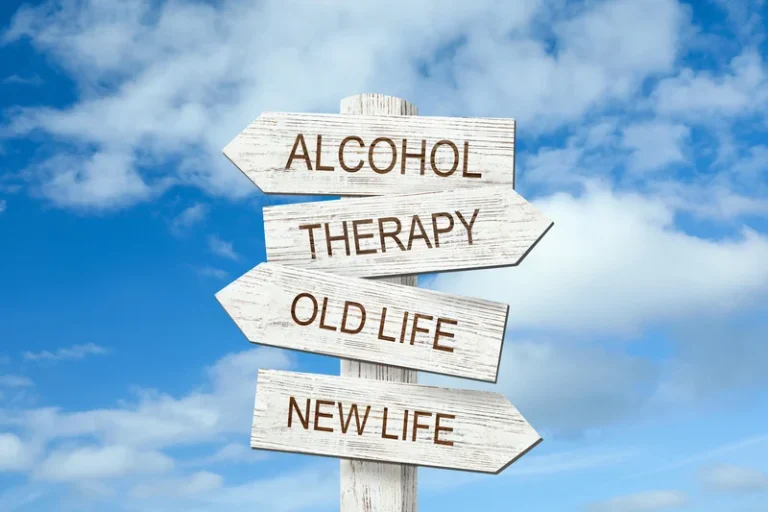8:00AM - 6:00PM
Monday to Saturday


A marriage can absolutely survive addiction, but the first step is addressing the problem. If you’re reading this, you likely already know your spouse won’t take that step on their own. Every addict and alcoholic needs consequences to recognize the need for how to overcome alcoholism change. This might mean temporarily walking away with the kids or setting firm boundaries. ” If love or having children were enough to end addiction, rehab centers wouldn’t exist, and we’d see far fewer law enforcement and court costs related to substance abuse.

Other safety initiatives include implementing ignition interlock devices, and conducting sobriety checkpoints and saturation patrols. Massachusetts utilizes a multi-pronged approach to prevent drunken driving, including maintaining a legal blood-alcohol content limit (BAC) of 0.08% for drivers 21 and over. For drivers under 21, the limit is 0.02%, reflecting the state’s “zero Drug rehabilitation tolerance” policy. “MADD is heartbroken over the Memorial Day crash that happened in Franklin,” DePamphilis told the Herald. “An innocent child and her mother are no longer with us because of someone’s careless decision to drink and drive.

If you haven’t already, talk to a doctor about ADHD treatment options. Therapy—especially cognitive behavioral therapy (CBT)—can help you build healthier habits and reduce anxiety. Addressing triggers supports https://ecosoberhouse.com/article/how-to-overcome-shame-and-guilt-in-recovery/ the prevention of relapse, as it allows individuals to stay sober and cut cravings.
Seeking help also provides individuals with access to tailored resources and coping strategies to navigate triggers and cravings. Key steps to alcohol addiction recovery are acknowledging the problem, seeking professional guidance, and building a supportive network. Strategies such as setting clear goals, avoiding triggers, and engaging in healthier routines are crucial. Approximately 8.6% of individuals aged 12 to 20, that is 3.3 million people, reported engaging in binge drinking within the past month as recorded in the 2023 National Survey on Drug Use and Health (NSDUH). Quitting drinking is a journey that requires commitment, support, and a well-planned strategy.

For some individuals, these approaches address underlying psychological issues, create accountability, and yield a supportive environment for sustained recovery. Begin by researching alcohol’s short-term and long-term effects, such as liver damage, cardiovascular disease, mental health issues, and social disruption. Seek credible sources like government health agencies, scientific journals, and healthcare professionals to understand alcohol’s risks comprehensively. Finding a strong reason to quit alcohol serves as a cornerstone for successful recovery, offering motivation and focus throughout the process.

These therapies have proven effective for managing feelings of guilt and shame. CBT helps clients identify and challenge distorted thinking patterns, fostering healthier perspectives. DBT emphasizes emotional regulation and mindfulness skills, while ACT encourages acceptance of difficult feelings and commitment to personal values.

"Vulnerability sounds like truth and feels like courage. Truth and courage aren’t always comfortable, but they're never weakness." - Brené Brown -